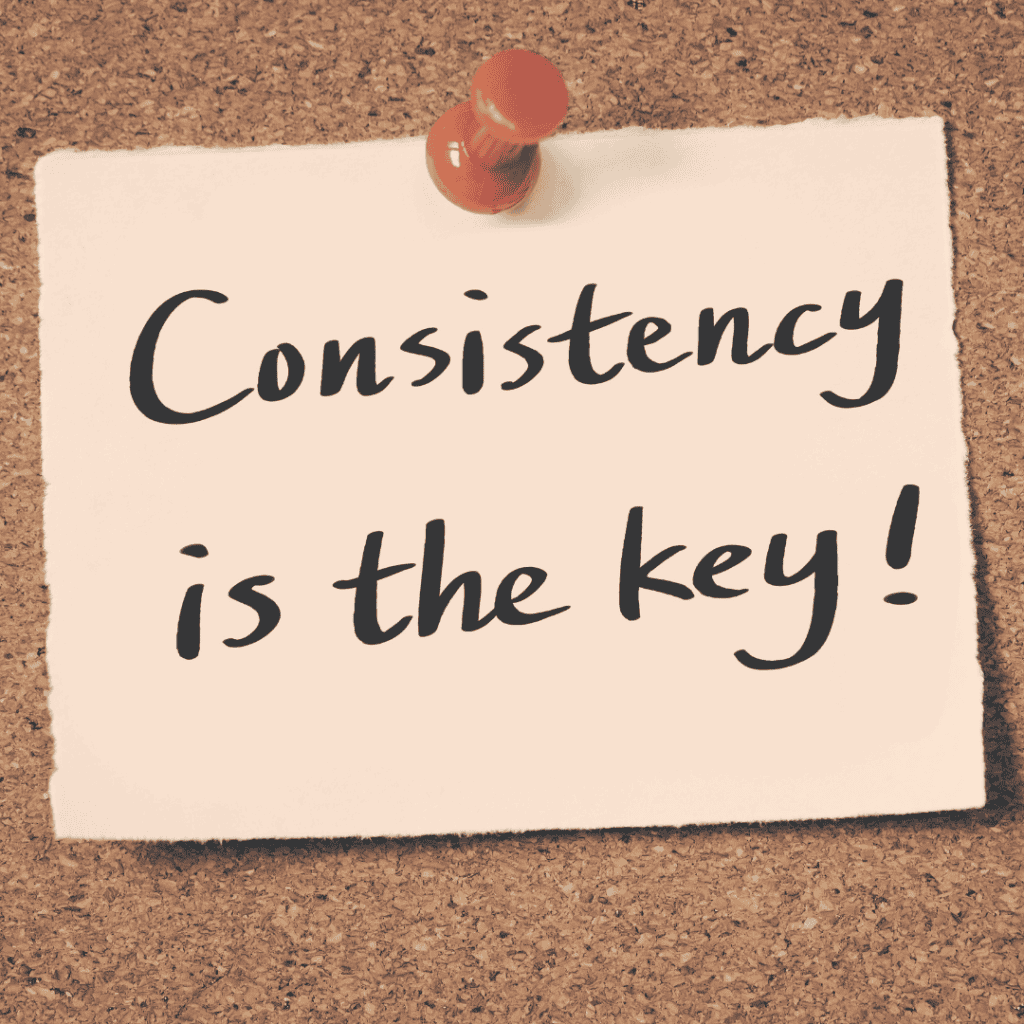Self-doubt is a pervasive inner voice that questions our abilities and worth, often hindering personal and professional growth. Building unshakable confidence is not about eliminating these doubts entirely but learning to navigate and manage them effectively. This comprehensive guide delves into the roots of self-doubt, its impact, and practical strategies to cultivate enduring self-confidence.

Understanding Self-Doubt
Self-doubt manifests as feelings of uncertainty regarding one’s abilities and decisions. While occasional doubt is natural, persistent self-doubt can lead to anxiety, depression, and missed opportunities. Factors contributing to self-doubt include early life experiences, societal pressures, and personal setbacks. Recognizing these influences is the first step toward addressing them.
The Impact of Self-Doubt
Chronic self-doubt can result in:
- Impaired Performance: Doubts can hinder concentration and decision-making, leading to decreased productivity.
- Avoidance Behavior: Fear of failure may cause individuals to avoid challenges, limiting personal growth.
- Strained Relationships: Insecurity can lead to overdependence or withdrawal in personal and professional relationships.
Building Unshakable Confidence: Practical Steps

- Acknowledge Your Fears: Recognize and accept your self-doubt as a natural part of the human experience. Identifying specific triggers can help in addressing them effectively.
- Challenge Negative Thoughts: Question the validity of your doubts. Are they based on facts or unfounded fears? Replacing negative thoughts with positive affirmations can shift your mindset.
- Celebrate Achievements: Keep a record of your accomplishments, no matter how small. Reflecting on past successes reinforces self-belief.
- Set Realistic Goals: Break down larger objectives into manageable tasks. Achieving these incremental goals builds confidence over time.
- Seek Feedback: Constructive criticism from trusted individuals provides perspective and opportunities for growth.
- Embrace Failure as a Learning Opportunity: Understand that setbacks are part of the growth process. Analyzing failures can offer valuable lessons and resilience.
- Practice Self-Compassion: Treat yourself with kindness during challenging times. Self-compassion fosters emotional resilience and well-being.
- Engage in Continuous Learning: Acquiring new skills and knowledge enhances competence and confidence.
- Maintain a Healthy Lifestyle: Regular exercise, a balanced diet, and adequate sleep positively influence mood and energy levels, contributing to overall confidence.
- Surround Yourself with Positive Influences: Engage with supportive individuals who encourage your growth and challenge your self-doubt.
The Role of Neuroscience in Confidence

Neuroscientific research indicates that confidence is linked to specific brain functions. Positive experiences trigger the release of dopamine, reinforcing rewarding behaviors and boosting confidence. Conversely, negative experiences can increase cortisol levels, leading to stress and diminished self-assurance. Understanding these mechanisms underscores the importance of fostering positive experiences and managing stress.
Overcoming Impostor Syndrome

Impostor syndrome involves persistent feelings of inadequacy despite evident success. To combat this:
- Recognize Impostor Feelings: Acknowledge these thoughts without accepting them as truth.
- Share Your Experiences: Discussing feelings with trusted peers can provide reassurance and diminish isolation.
- Reframe Negative Thoughts: Shift focus from perfection to progress, valuing learning over flawless performance.
- Seek Professional Help if Necessary: Therapists can offer strategies to manage and overcome impostor feelings.
Conclusion
Building unshakable confidence is a continuous journey involving self-awareness, deliberate practice, and resilience. By implementing these strategies and understanding the psychological underpinnings of self-doubt, individuals can cultivate a robust sense of self-assurance, enabling them to navigate life’s challenges with poise and determination.
For further insights on building self-confidence, consider watching the following video:

